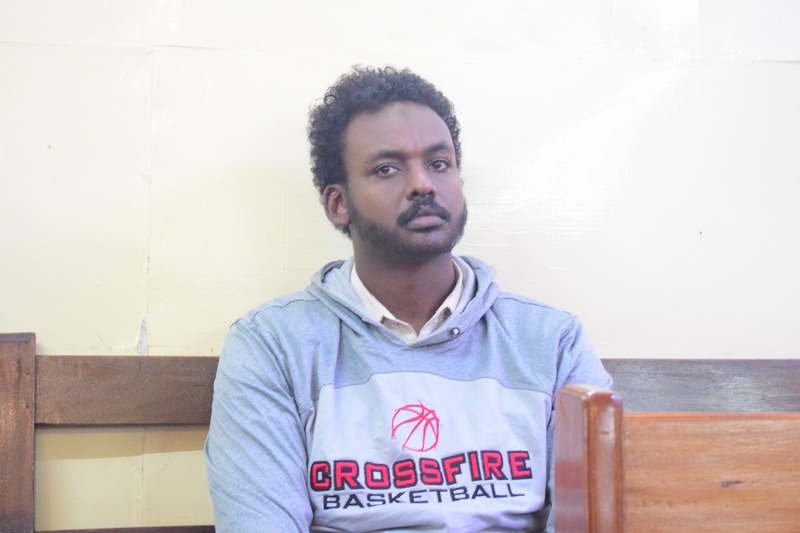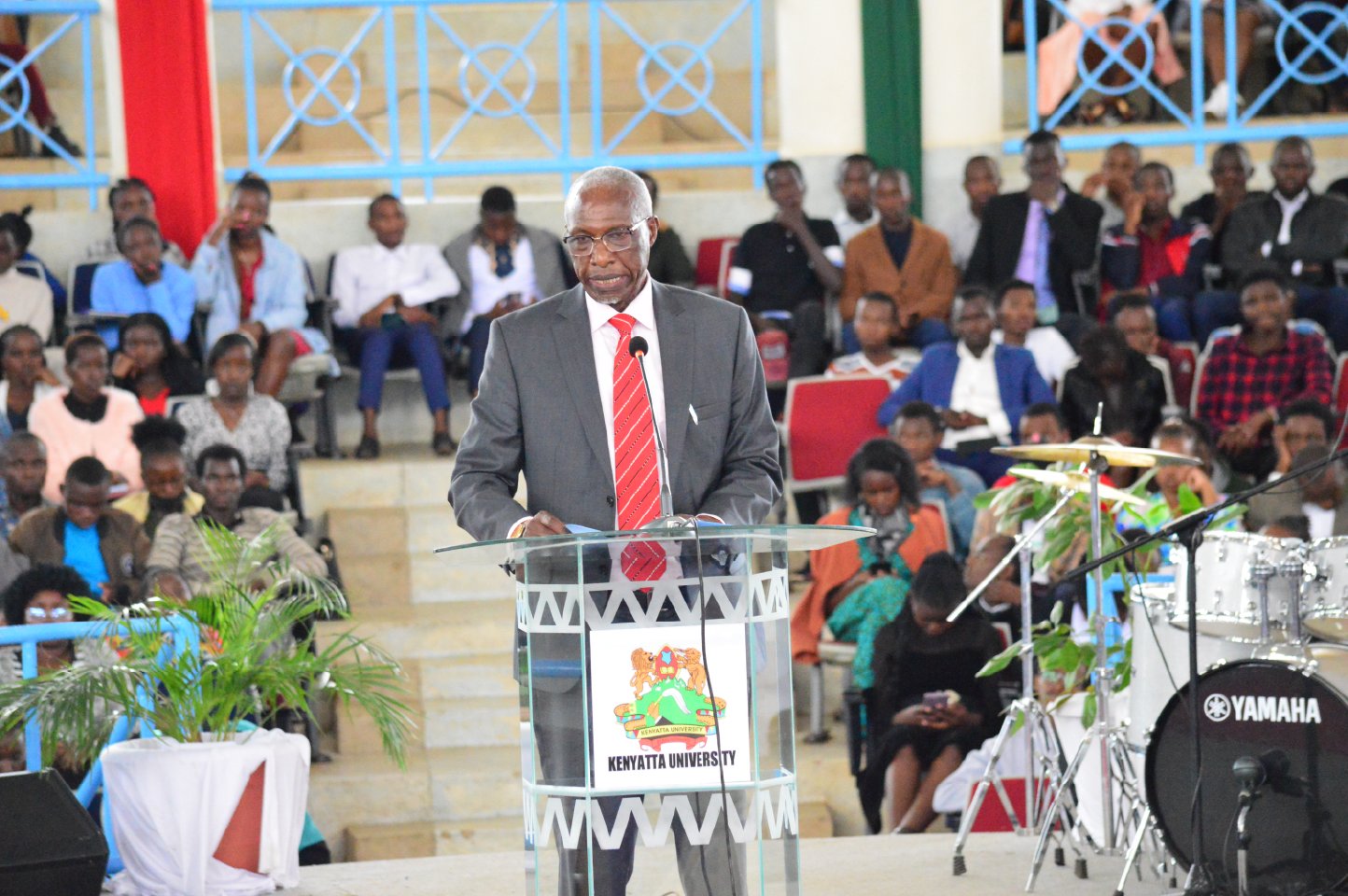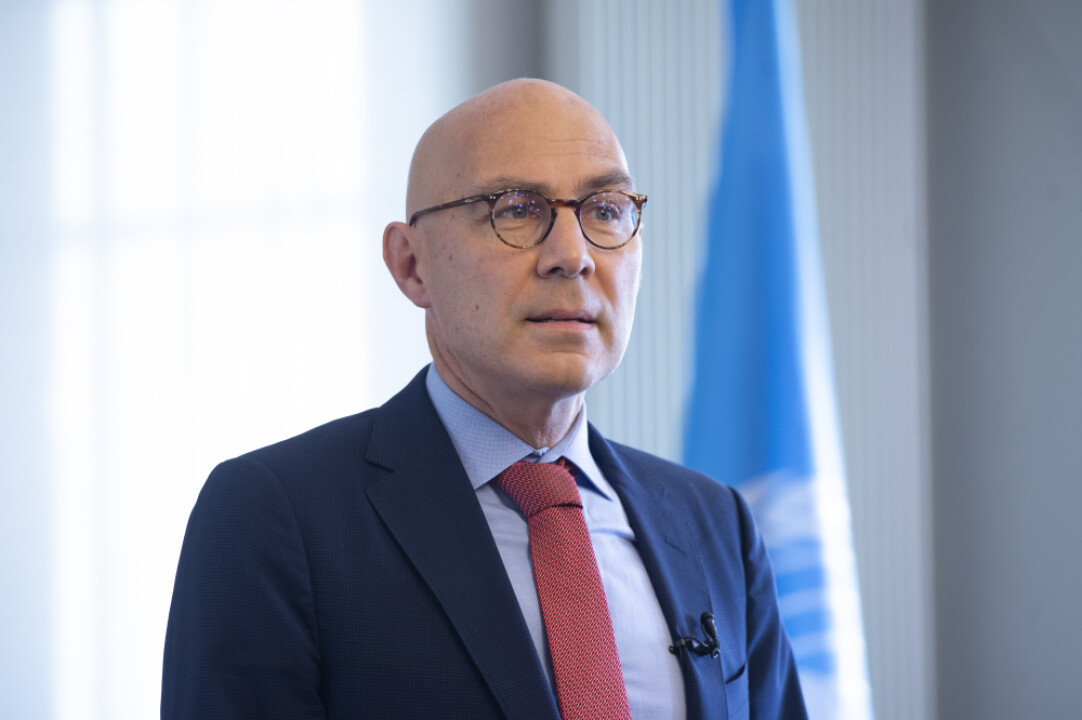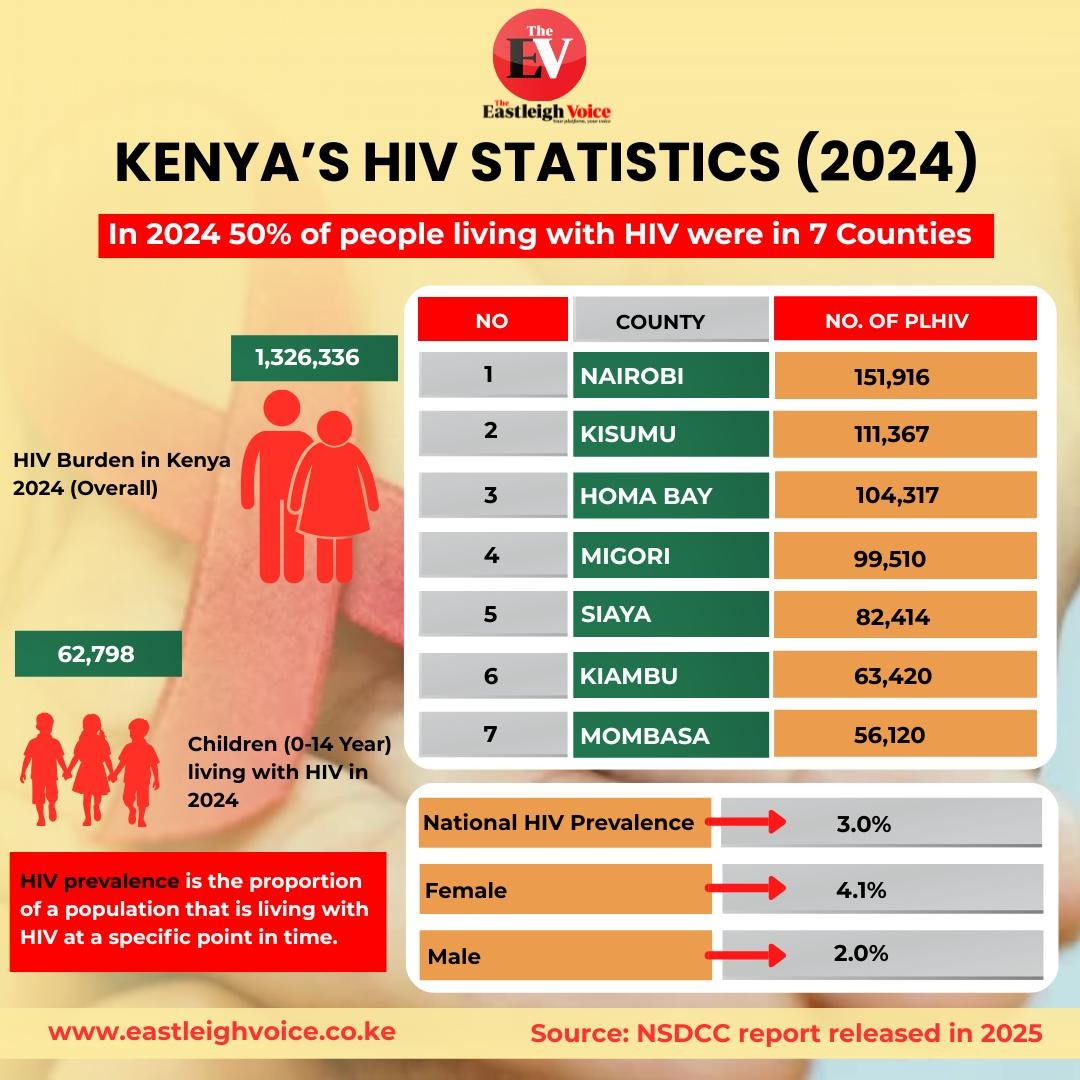Once a disease of the elderly, colon cancer is now hitting people in their 30s and 40s
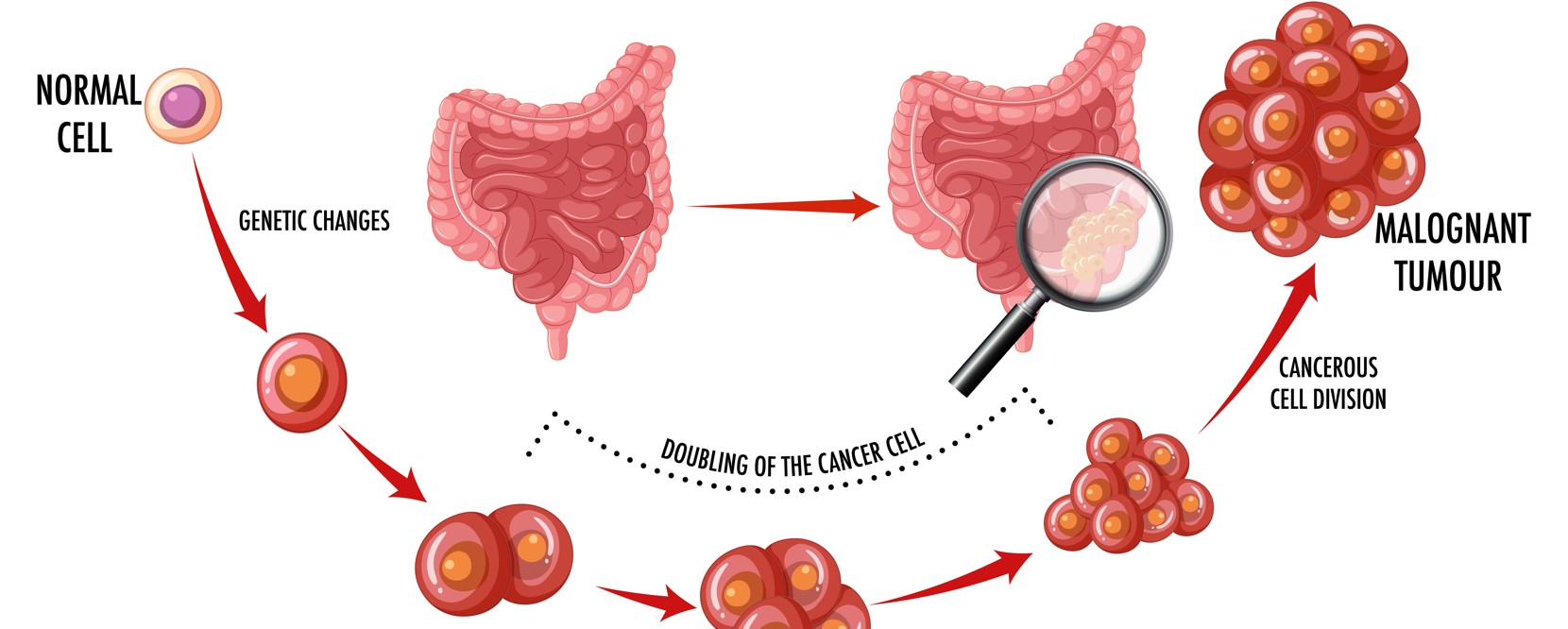
Once seen as an older person’s disease, colorectal cancer is increasingly striking people in their 30s and 40s — a global wake-up call linking modern diets, sedentary lifestyles, and genetic risks to a deadly new trend.
Colorectal cancer, once considered a disease of middle and later life, is increasingly affecting people in their thirties and forties — a trend that has sparked deep concern among oncologists worldwide.
New global research published in The Lancet Oncology reveals a disturbing shift: in more than half of the 50 countries studied, cases of colorectal cancer (CRC) among adults under 50 have risen sharply between 2013 and 2020.
More To Read
- Study shows women under 50 face higher risk of colon growths from ultra-processed foods
- Convenient but dangerous: The hidden health risks of ultra-processed foods
- Artificial sweeteners linked to higher diabetes risk, study finds
- Two weeks without sugar: What I learned about my body, culture and cravings
- Study finds new gene-silencing therapy cuts cholesterol by 50 per cent
- Nearly half of Kenyan women aged 20 to 49 are overweight or obese, Health Ministry warns
Once viewed as rare in younger populations, early-onset CRC is now being reported in growing numbers across Europe, North America, Asia, and South America. Africa, too, is not spared.
“This is not an isolated or localised issue,” said Dr Jemma Arakelyan, an advisor at the Immune Oncology Research Institute and CEO of the Institute of Cancer and Crisis in Armenia.
“We are witnessing a global shift, a silent epidemic, where cancers previously confined to older age groups are emerging in those decades younger. The implications for public health are profound.”
A modern disease in a modern world
Scientists believe the surge is driven by a mix of lifestyle and environmental factors that have accompanied rapid urbanisation and industrialisation.
Diets rich in processed foods, red and cured meats, and sugary drinks — combined with sedentary habits and rising obesity — appear to be major contributors.
A recent study from Kazakhstan, for example, found that participants consumed nearly twice the World Cancer Research Fund’s recommended weekly limit of red meat, while fewer than one in ten met the target intake for fish.
Researchers warn that such dietary imbalances may promote chronic inflammation and weaken the gut microbiome — conditions increasingly linked to cancer development.
“Modern diets are rich in calories but poor in nutrients,” explained Dr Arakelyan.
“We are feeding inflammation rather than fighting it. Over time, that creates a perfect storm inside the body.”
Obesity is another major risk factor. Excess fat tissue produces hormones and inflammatory substances that encourage abnormal cell growth. Yet, experts caution that the relationship between weight and cancer is more complex than it appears.
A comprehensive review of 18 studies found that many CRC patients experienced unintentional weight loss before diagnosis, suggesting the real influence of obesity may often be underestimated.
The genetic connection
While lifestyle factors dominate much of the conversation, genetics also play a powerful role. Dr Alexei Tsukanov, Head of the Laboratory of Genetics at the National Medical Research Centre for Radiology, notes that hereditary cancer syndromes such as Lynch syndrome and familial adenomatous polyposis are often implicated in early-onset cases.
Other Topics To Read
“These syndromes are caused by mutations in tumour-suppressor genes, the body’s natural defence against cancer,” he said.
“If we identify these mutations early through genetic testing, we can monitor individuals closely and intervene before the disease progresses.”
Recent innovations — such as BGI Genomics’ COLOTECT Stool DNA Methylation Test, which detects CRC-related genetic markers through stool samples — are making early, non-invasive screening increasingly possible.
‘I never thought it could happen to me’: Lucy’s story
For 46-year-old Lucy Njuguna, a marketing professional from Karatina, central Kenya, the diagnosis came as a devastating shock.
“I always thought cancer was something that happened to older people,” she said softly during an interview with Eastleigh Voice on Monday.
“I was fit, busy, and healthy by most standards. I never imagined I could have colon cancer.”
Lucy’s symptoms began subtly — bloating, changes in bowel habits, and occasional bleeding she dismissed as dietary irritation. But when fatigue and abdominal pain worsened, she sought medical help. Tests revealed stage II colon cancer.
“It felt like the ground fell away beneath me,” she said.
“I’d ignored the signs for months. If I’d gone for a check-up sooner, perhaps things would be different.”
Now undergoing chemotherapy, Lucy has become an outspoken advocate for awareness and early screening.
“People my age don’t think about colon cancer,” she added.
“But they should. If I can tell my story and it makes even one person seek help earlier, it’s worth it.”
Calls for awareness and action
Across Africa — including Kenya — screening programmes remain inconsistent, particularly now that the national medical cover (SHA) is unreliable and not functioning in many hospitals.
“To reverse this worrying trend, we must educate both the public and healthcare professionals about the importance of early detection,” urged Dr Arakelyan.
“We also need to address the underlying causes — poor diets, sedentary lifestyles, and environmental exposures — that are fuelling the rise.”
Experts agree that early-onset colorectal cancer is a warning sign of deeper systemic health challenges linked to modern living. Without intervention, researchers predict cases will continue to climb steeply over the coming decades.
“Colorectal cancer is no longer a disease of the elderly,” said Dr Tsukanov.
“It is now a disease of our age, a reflection of how we live, eat, and care for our bodies. The time for action is not tomorrow. It is today.”
Top Stories Today
